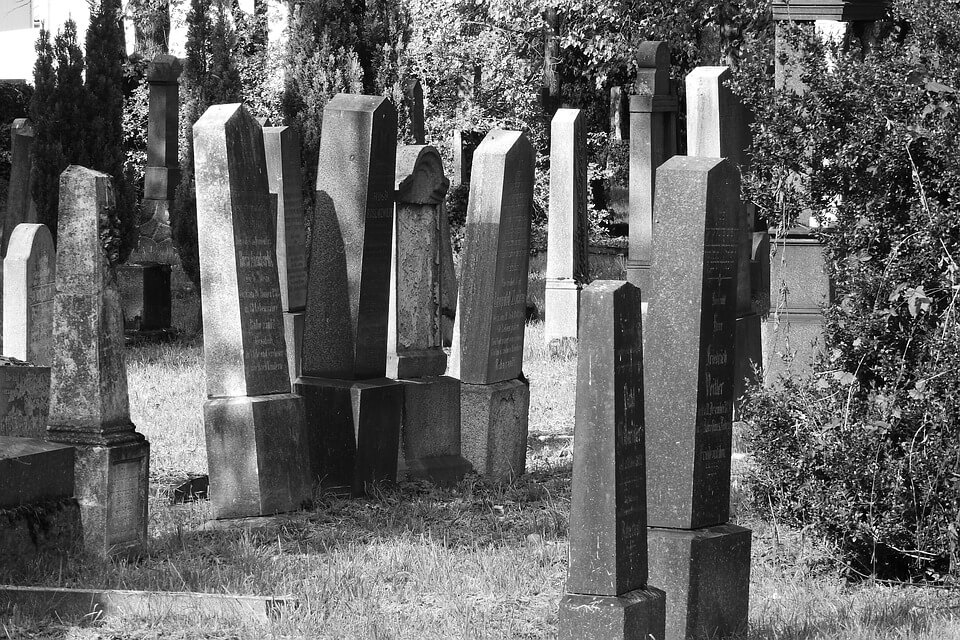“It was taught: There is no measure [of reward] for visiting the sick. What is meant by, ‘there is no measure for visiting the sick?’ Rabbi Joseph thought to explain that: Its reward is unlimited…. Rabbi Abba son of Rabbi Hanina said: He who visits an invalid takes away a sixtieth of his pain” (Nedarim 39b).
Bikur cholim, visiting the sick, is one of the prime examples of mitzvot bein adam l’chavero (mitzvot between one person and another). In fact, beyond just being an example of how one can do something caring for another person, the mitzvah of bikur cholim is considered one of the methods by which a person can “walk after the Lord your God” (Deuteronomy 8:4).
In Genesis 17, God commands Abraham to circumcise himself and all of the men of his household. The chapter concludes, “In the self-same day was Abraham circumcised, and Ishmael his son, and all the men of his house, those born in the house and those bought with money of a foreigner, were circumcised with him” (Genesis 17:26-27). The very next verse, the beginning of Chapter 18:1, states: “And God appeared to him by the Plains of Mamre, as he sat in the tent door, in the heat of the day.” Traditionally, it has been understood that God’s visit was to be with Abraham while he was recuperating from his circumcision.
Why does Rabbi Abba state that bikur cholim takes away a sixtieth of a sick person’s pain? When one visits a person who is ailing, one not only distracts them from the pain or discomfort of illness, but also reminds the sick person that others care about him/her.
Copyright © 2012 National Jewish Outreach Program. All rights reserved.
Related Posts
Visiting Graves
Graveyard tours are often promoted in the month of October as an opportunity for…
0 Comments2 Minutes
 Print This Page
Print This Page